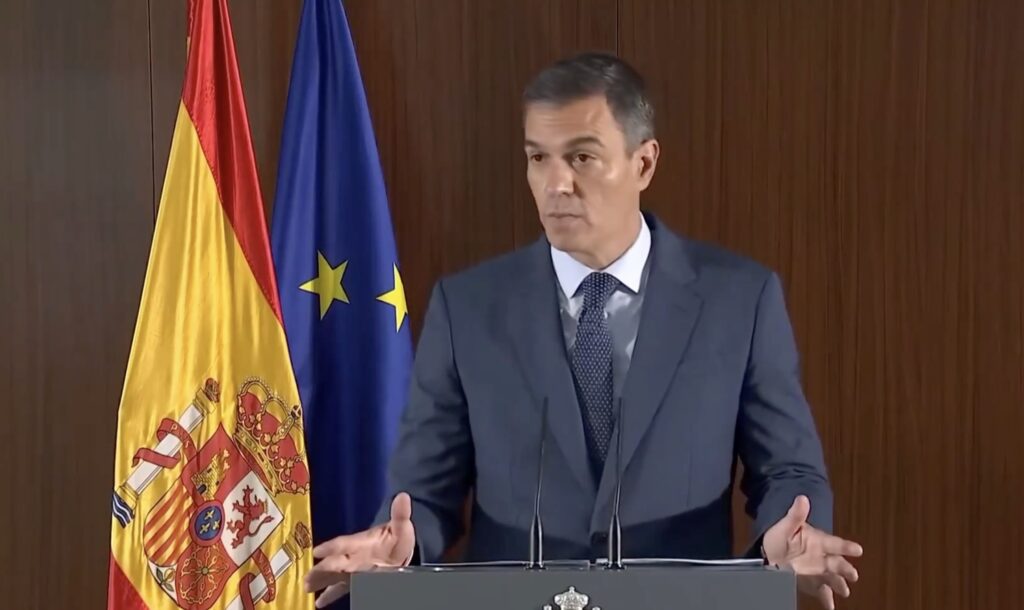In a significant policy shift, Spain has decided to back the European Union’s imposition of tariffs on Chinese-made electric vehicles (EVs). This decision marks a reversal from its earlier position and aligns Spain with other EU member states concerned about competition from Chinese automakers.
Background on the EU Tariffs
The European Union has been considering tariffs on Chinese-made EVs to protect its domestic industry. The move aims to address concerns about potential market distortions caused by Chinese government subsidies to their EV manufacturers. These subsidies are believed to give Chinese automakers an unfair competitive edge in the European market.
Spain’s Initial Opposition
Initially, Spain was against the imposition of these tariffs. Spanish officials expressed concerns that tariffs might lead to trade tensions and potentially higher costs for consumers. However, the mounting pressure from other EU countries and the need to safeguard the EU automotive industry led to a strategic pivot.
Impact on the European Automotive Industry
The decision is expected to have substantial implications for the European automotive market. By supporting the tariffs, Spain is contributing to a unified EU strategy aimed at bolstering the competitiveness of European car manufacturers. This move also underscores the EU’s broader efforts to ensure a level playing field in international trade.
For more insight into the EU’s tariff measures, visit the European Commission’s official website.
Reactions from Chinese Automakers
Chinese automakers have expressed disappointment over Spain’s shift in policy. They argue that tariffs could lead to increased costs and reduced market access in Europe. Some Chinese companies are considering legal actions or seeking negotiations to mitigate the impact of these tariffs.
To understand the perspective of Chinese automakers, refer to the South China Morning Post’s coverage.
Future Implications
The decision by Spain to support the EU tariffs represents a critical moment in the ongoing trade dynamics between the EU and China. It signals a stronger regulatory stance by the EU to protect its industries while balancing international trade relations.
“`
Original Story at news.google.com
